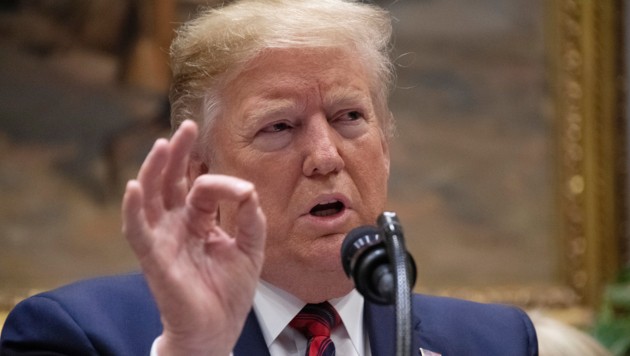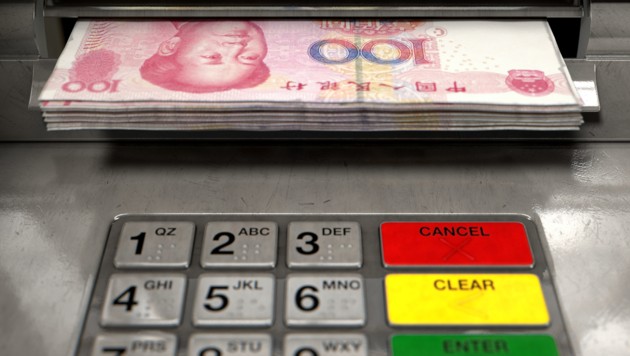In China, the demand for cryptocurrencies is growing rapidly. The trade dispute with the US and a weaker national currency are driving more and more investors from the Middle Kingdom into digital means of payment, say market participants from Asia to New York. Accurate numbers on crypto-trading volumes are extremely hard to come by, but crypto-trading venues used by Chinese are seeing significant gains for stock market operators and brokers.
The impact of US tariffs on the Chinese economy and a falling yuan prompted some larger investors to convert money into cryptocurrencies, says Andy Chung, head of China’s popular platform OKEx in Malta.

Trade war with Trump drops Yuan
The second largest economy in the world is in heavy water with the showdown with Donald Trump. Industrial production has been growing at the slowest rate in 17 years, while the Chinese yuan has been falling for weeks. In turn, the dollar jumped in early August for the first time since 2008, the psychologically important mark of seven yuan, which is why Washington was quickly accused of currency manipulation of Beijing.
Yuan Falls, Bitcoin Rises
During the Yuan downturn , Bitcoin, the oldest and most important cyber-devise, gained seven percent. The market capitalization of cryptocurrencies grew at the same time by nine percent. This left experts speculating as to whether some Chinese investors broke away from the yuan and bought digital currencies. Maty Greenspan, an analyst on the eToro Stock Exchange, notes a spike in the volume of all cryptocurrencies on the eToro trading platform, globally, as well as in China and Hong Kong.

Whether the purchases really come from Chinese investors, Greenspan can not prove despite the condensing evidence. While digital wallets can be tracked using blockchain technology, the geographic location of senders and receivers remains a blind spot. In China, crypto platforms were banned by the Chinese government in 2017, so there is virtually no data collection on the sector. After all, there are strict capital controls, so that Chinese have few options left to make money abroad.
Exchange ban does not keep Chinese from Bitcoin
This also makes crypto currencies attractive. In any case, the ban on cyber-currency trading did not keep Chinese market participants away from them but merely shifted trading. The largest part of the Chinese crypto trade has since relocated to alternative trading venues as well as to chat groups of the messenger service WeChat, say market participants. “We only know that there is a lot of activity, and for regulatory reasons, that is a bit under the radar,” says Garrick Hileman, head of research at Blockchain.

Switching between Yuan, Hong Kong Dollar and Tether
According to Jehan Chu, one of the executives of Hong Kong-based crypto-fund Kenetic, Chinese trade has more than doubled in the past three months. From an investor’s point of view, the opportunity to earn money with arbitrage trading between the yuan, the Hong Kong dollar and the cryptocurrency tether is also exciting. Price differences on different exchanges or markets are exploited.
Tether is a so-called Stablecoin, whose price is tied to the US dollar. “Many people who want to move capital inside and outside the borders are using tether,” says Anthony Wong of Hong Kong-based crypto investment firm Orichal Partners. By June of this year, Chinese stock traders had already traded $ 10 billion (just under $ 9 billion) with Tether, compared to $ 18 billion a year ago, according to analyst Diar.

